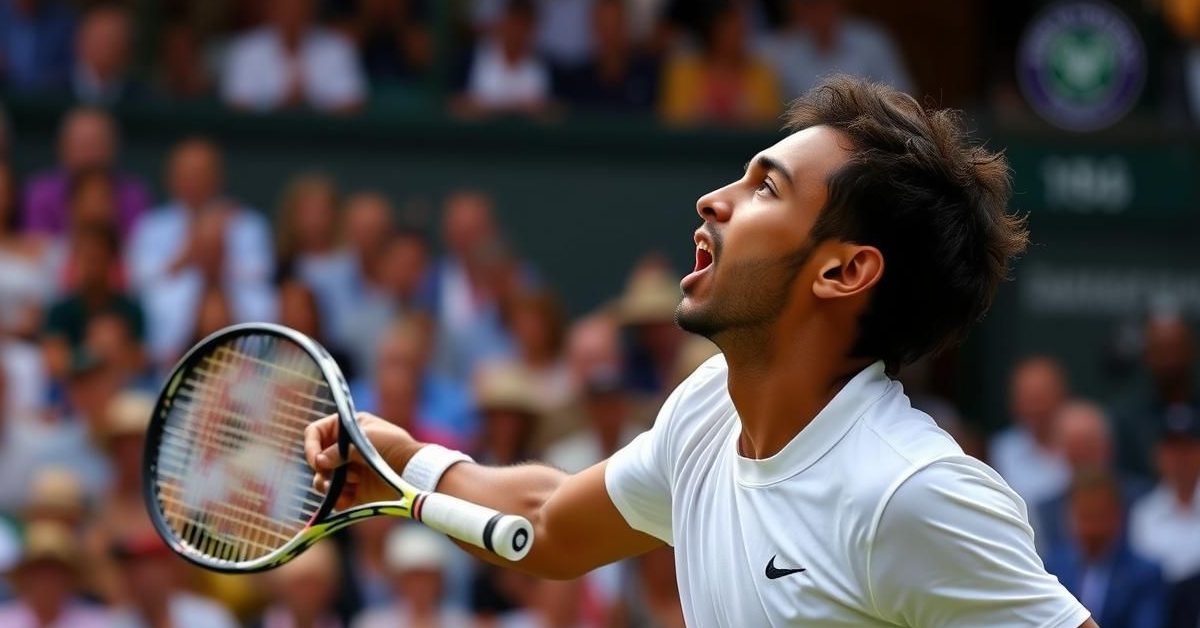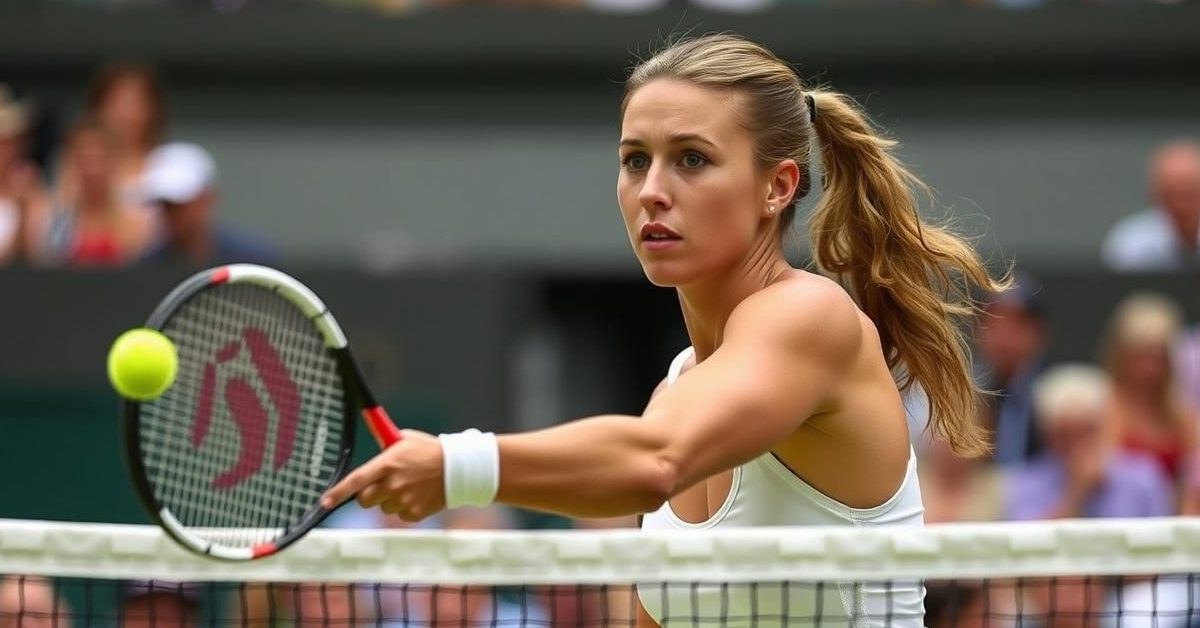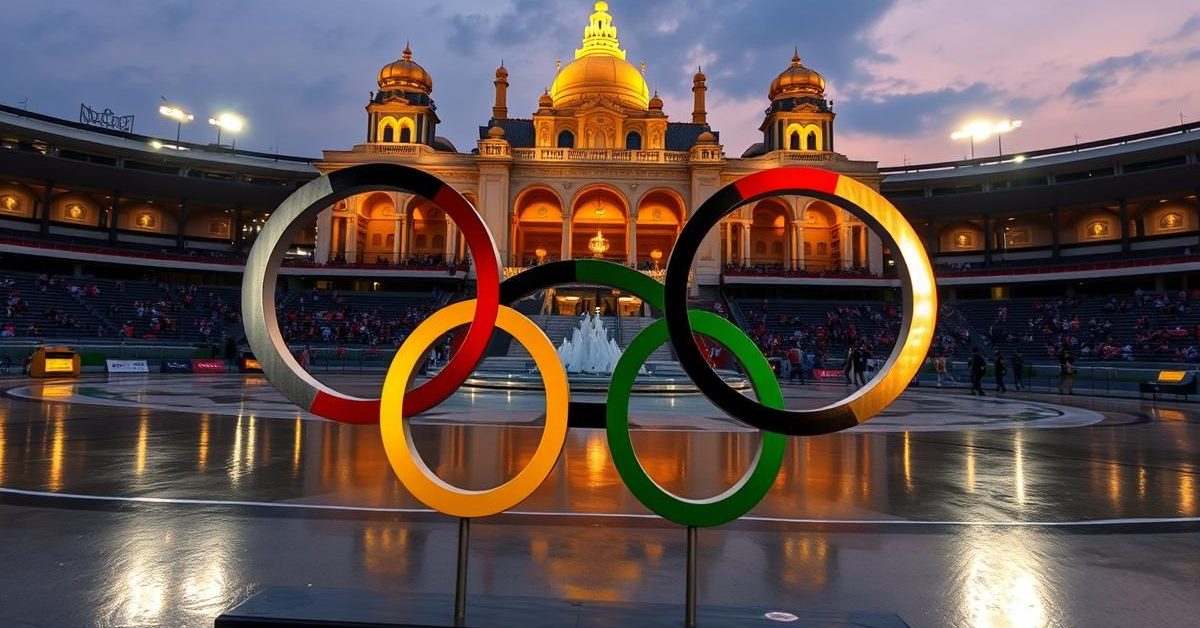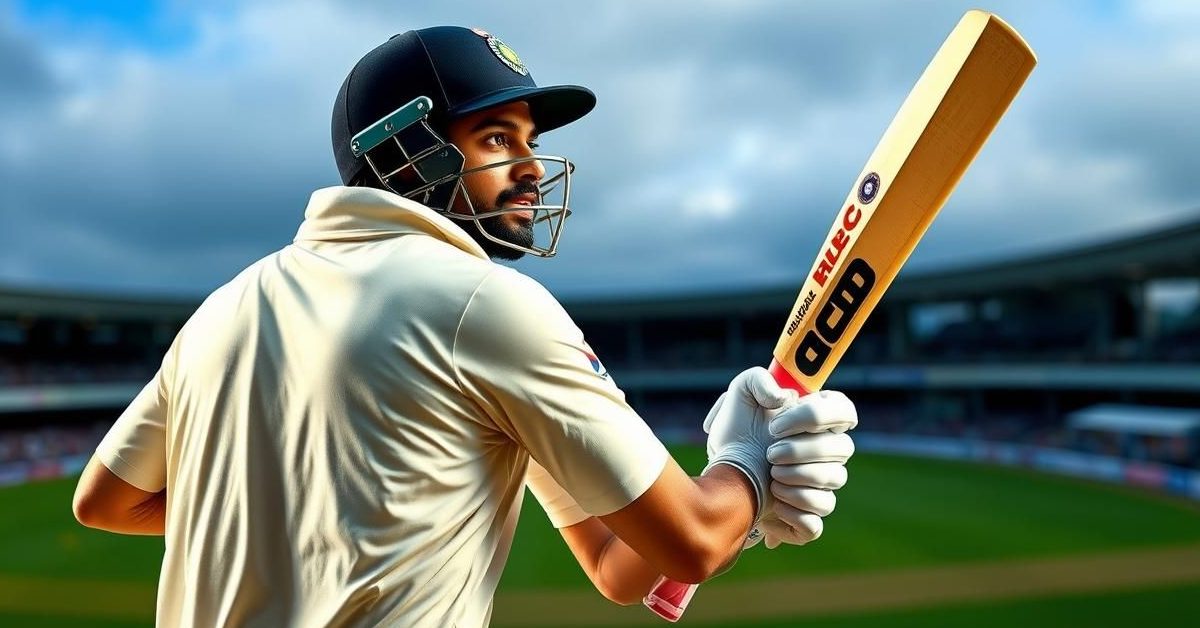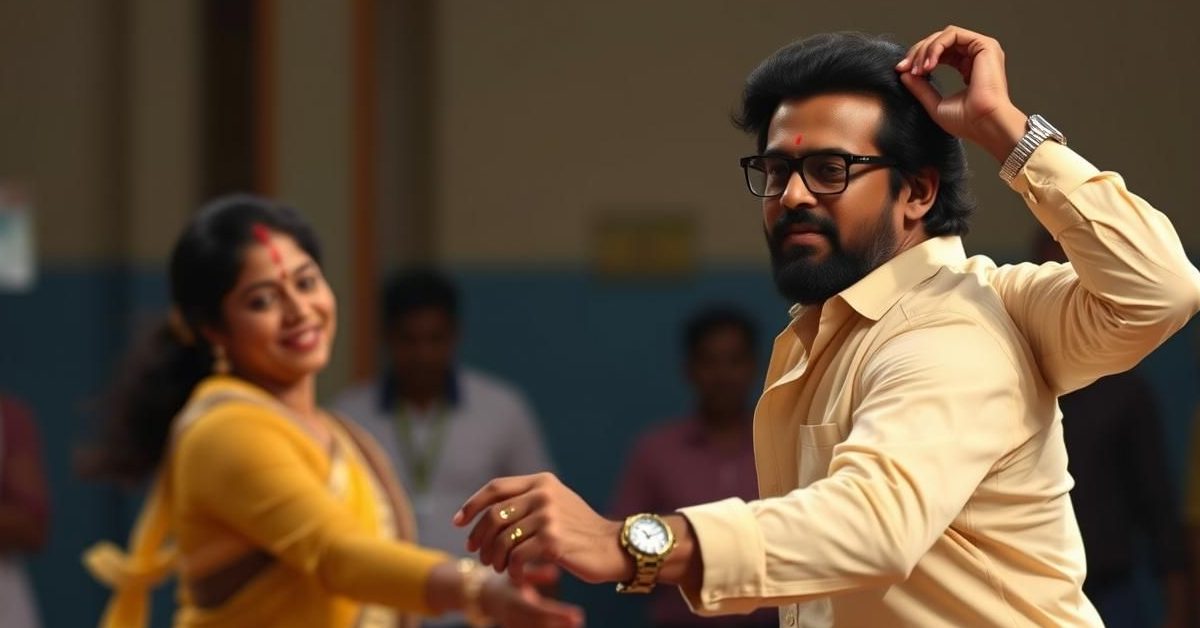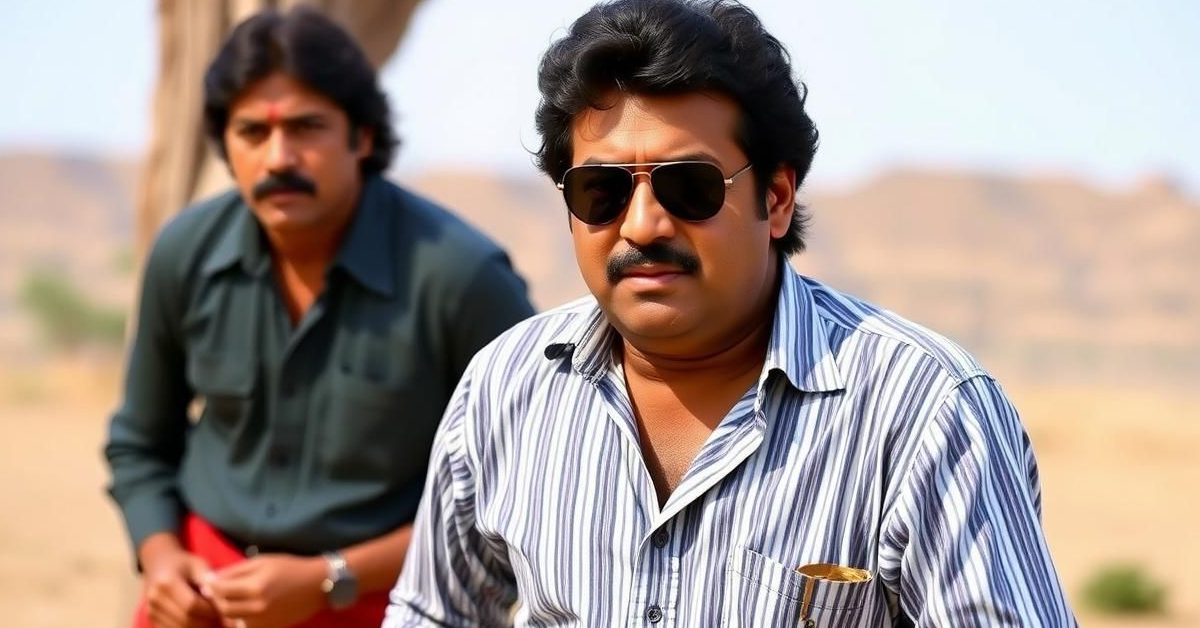Wimbledon, a stage renowned for its timeless traditions and groundbreaking moments, just witnessed a truly astonishing feat of power and precision. French phenom Giovanni Mpetshi Perricard unleashed a serve that didn’t just break a record; it obliterated it, launching a tennis ball at a mind-boggling 153 miles per hour (246 km/h). Yet, in a twist of fate that perfectly encapsulates the drama of Grand Slam tennis, it wasn’t enough to secure the point against American powerhouse Taylor Fritz.
Shattering Speed Barriers: A New Wimbledon Legacy
The electrifying moment unfolded during the opening round clash on Monday night at the All England Club. Mpetshi Perricard’s thunderous delivery, struck in the opening set against the fifth-seeded Fritz, instantly became the fastest recorded serve in the venerable tournament’s history. It surpassed the previous benchmark of 148 mph, set by American Taylor Dent way back in 2010, by a significant margin of five miles an hour. The sheer velocity of the serve sent a ripple of audible gasps through the captivated crowd.
Taylor Fritz’s Unbelievable Reply: The Art of the Block Return
But the story took an even more incredible turn. Standing on the receiving end was Taylor Fritz, a player celebrated for his robust, all-court game and steely nerve. Faced with a veritable bullet traveling at a speed most cars can’t achieve, Fritz executed what can only be described as a miraculous block return. This shot, a testament to his exceptional reflexes and anticipation, somehow neutralized the rally, ultimately leading to Fritz winning the point. It was a stark reminder that even the most formidable power can be thwarted by exquisite skill.
A Match of High Stakes and Gripping Turnarounds
The encounter between the 21-year-old Mpetshi Perricard and the 27-year-old Fritz proved to be an instant classic, filled with tension and dramatic swings. Playing under the No. 1 Court’s retractable roof with artificial lights illuminating the hallowed turf, Mpetshi Perricard initially seized control, clinching the first two sets in tight tiebreaks, 7-6 (6) and 7-6 (8).
However, Fritz, a Californian who reached the Wimbledon quarterfinals in 2022 (losing to Rafael Nadal) and again in 2023 (falling to Lorenzo Musetti), refused to yield. Displaying the resilience of a top-tier athlete, he mounted a stunning comeback. He secured the third set 6-4, then launched an improbable rally in the fourth-set tiebreak, battling back from a 2-5 deficit to claim it 7-6 (6).
Emotional Outbursts and an Abrupt Halt
The momentum had unequivocally shifted. At 6-all in the crucial fourth-set tiebreak, Fritz snatched the next two points, forcing a decider. His raw emotion was palpable as he pounded his chest and bellowed, “Let’s (expletive) go! Come on!”—a pure, unadulterated release of competitive fire. The crowd roared in appreciation.
But the clock, a relentless opponent in itself, intervened. With the time nearing 10:15 p.m. local time, and Wimbledon’s strict 11 p.m. curfew looming, the chair umpire made the official announcement: “Ladies and gentlemen, due to the late time of the day, we will not be able to finish the match. Therefore the match will be suspended until tomorrow. Play is suspended.”
Fritz’s frustration was evident. He gestured towards his player box, palms up, muttering, “I couldn’t do anything. I tried.” The suspension left the match tantalizingly poised at two sets all, setting the stage for a thrilling resumption on Tuesday.
Statistical Showdown: Aces and Break Points
This match was always going to be a battle of serves, pitting two of the tour’s most formidable servers against each other. Before play was halted, Mpetshi Perricard had hammered 33 aces, while Fritz countered with 24 of his own. Interestingly, despite his record-breaking serve and high ace count, Mpetshi Perricard failed to carve out a single break point opportunity during the four sets played on Monday.
Conversely, Taylor Fritz created five chances to break his opponent’s serve, converting one crucial opportunity to keep his Grand Slam dreams alive. This strategic asymmetry highlights the nuanced nature of tennis, where raw power, while spectacular, doesn’t always guarantee victory without tactical execution.
The continuation promises a gripping conclusion, with a spot in the next round of Wimbledon on the line, and the echoes of a historic serve still resonating across the grass courts.
